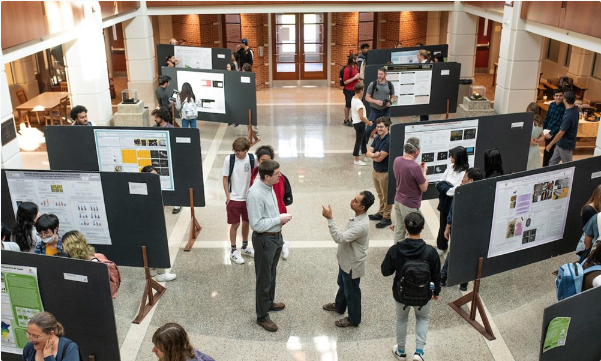Date of Award
2015
Document Type
Thesis
First Advisor
Sharon Crary
Second Advisor
Lynn Bedard
Third Advisor
Mac Dixon-Fyle
Fourth Advisor
Brett O'Bannon
Abstract
Today, 11% of the global population still lacks access to clean water, one of humans’ most basic needs. Those who lack a safe water source are largely concentrated in sub-Saharan Africa, where only 61% have access to safe water. Within this region, large disparities exist that hide the severity of the problem for some communities. The term “water crisis” is often used to describe the lack of water access throughout the world and the resulting consequences. In this thesis, the impact the water crisis has on public health in sub-Saharan Africa was analyzed using Nigeria as a model nation. Specific forces that contribute to the persistence of the water crisis and the public health outcomes were examined. Urban and rural Nigeria were researched separately, as each setting has its own set of obstacles concerning the water crisis and its own set of public health issues. It was found that in both urban and rural Nigeria, the increased transmission of water-related diseases was a significant burden caused by the water crisis. In Lagos, a city in southern Nigeria, the poor environmental conditions allow for the spreading of diseases through the fecal-oral route of transmission. Additionally, diseases that are typically found in rural setting are becoming more prevalent in Lagos due to the unkempt environment. In rural Nigeria, the lack of safe water sources makes the chances of contracting waterborne diseases very high. The control of water-related diseases is made worse in rural areas because it is difficult to get resources to an isolated rural area. This problem is exacerbated in places suffering from ongoing conflict. However, the prevalence of several diseases has decreased as the availability of water sources increases. By pointing out the severe public health consequences that the water crisis has on sub-Saharan Africa, the goal of this thesis is to inspire further progress towards water access for all.
Recommended Citation
Hannemann, Megan 15, "The Sub-Saharan Water Crisis: An Analysis of its Impact on Public Health in Urban and Rural Nigeria" (2015). Honor Scholar Theses. 30, Scholarly and Creative Work from DePauw University.
https://scholarship.depauw.edu/studentresearch/30



Comments
Honor Scholar thesis